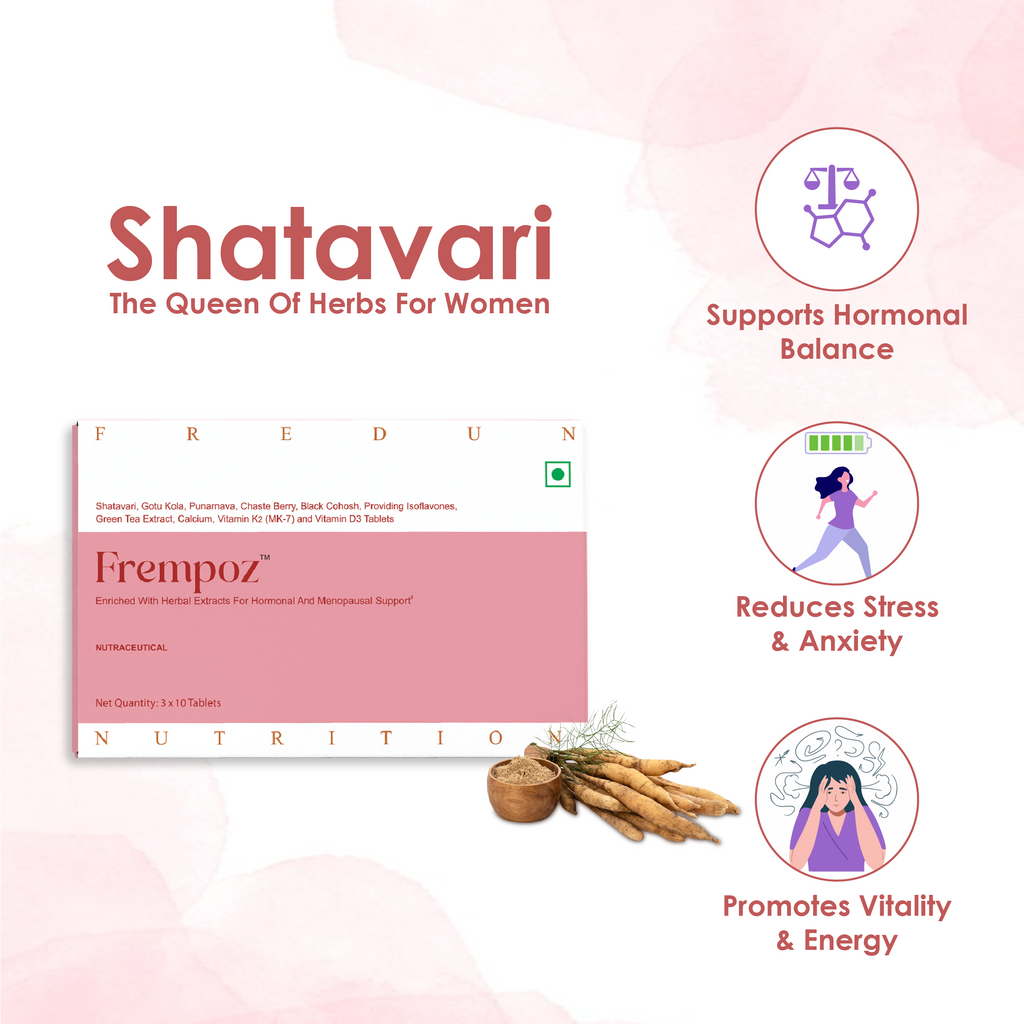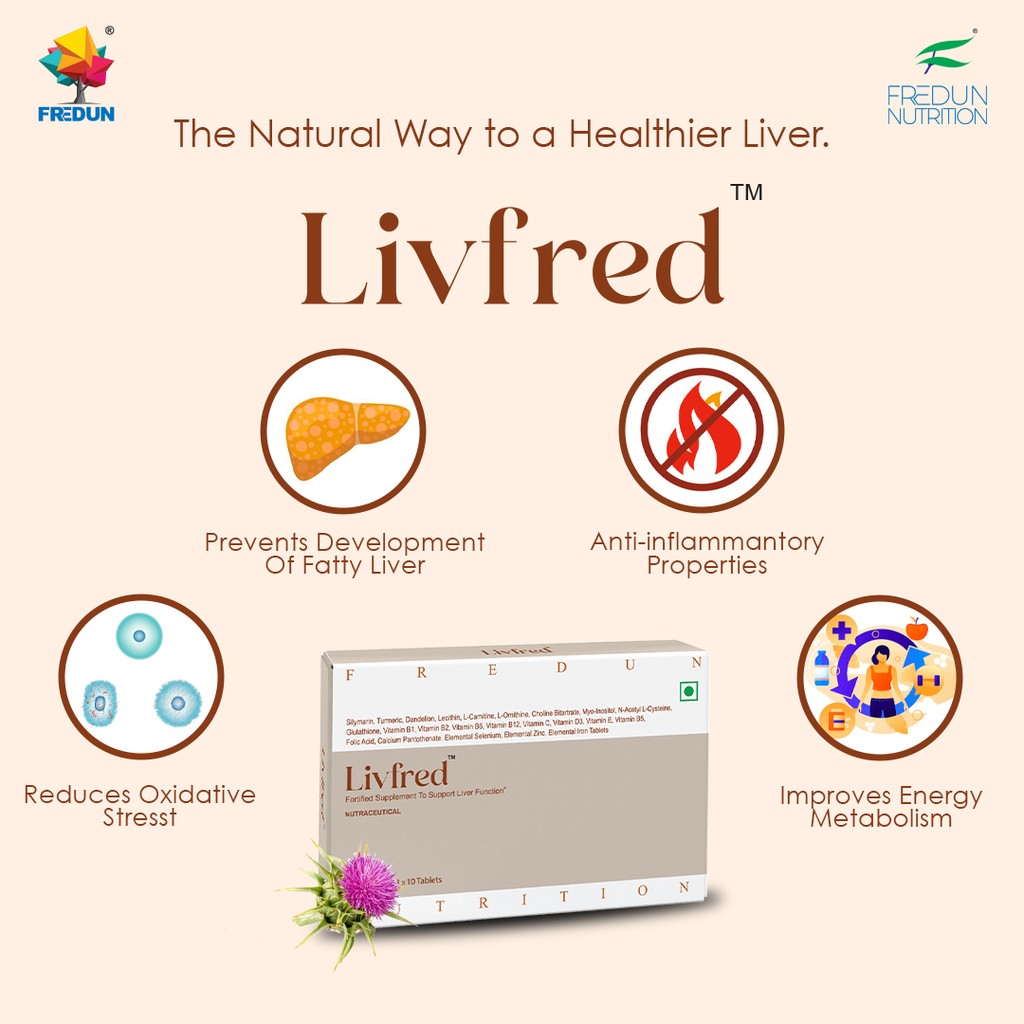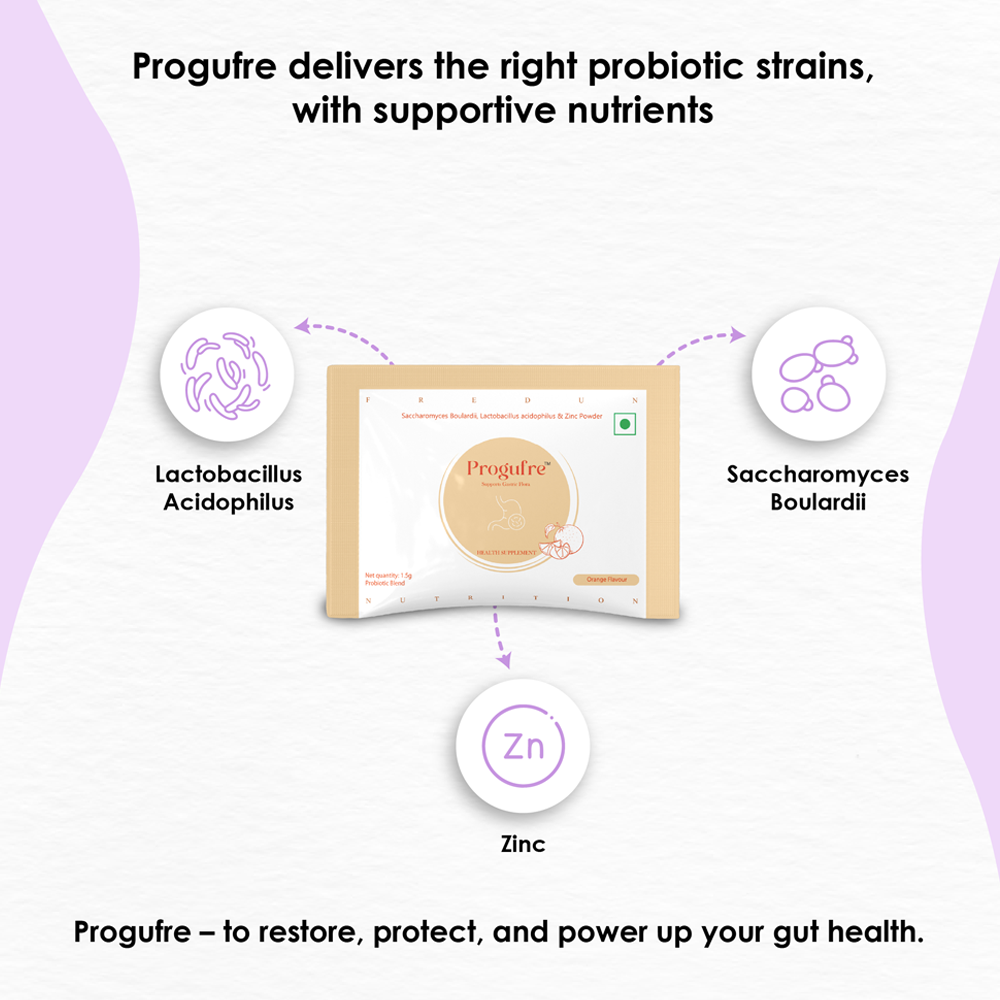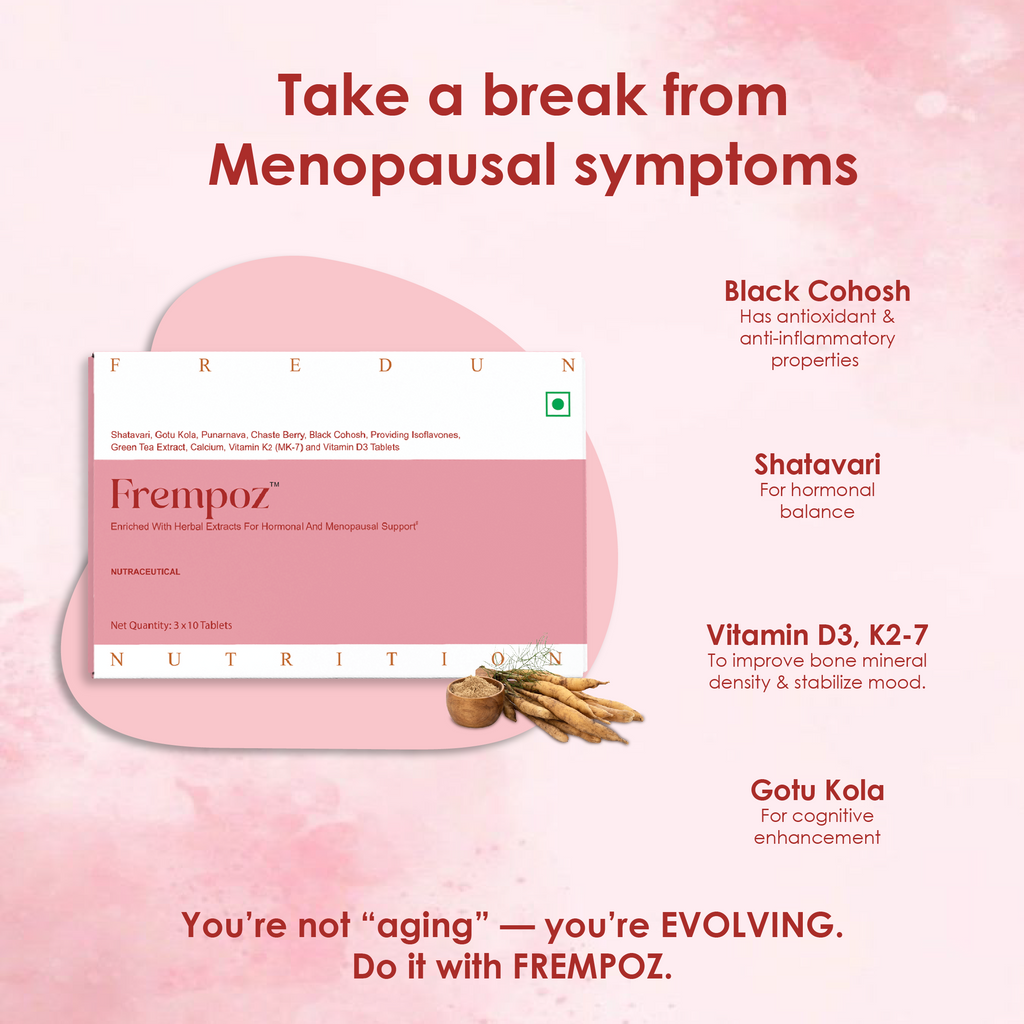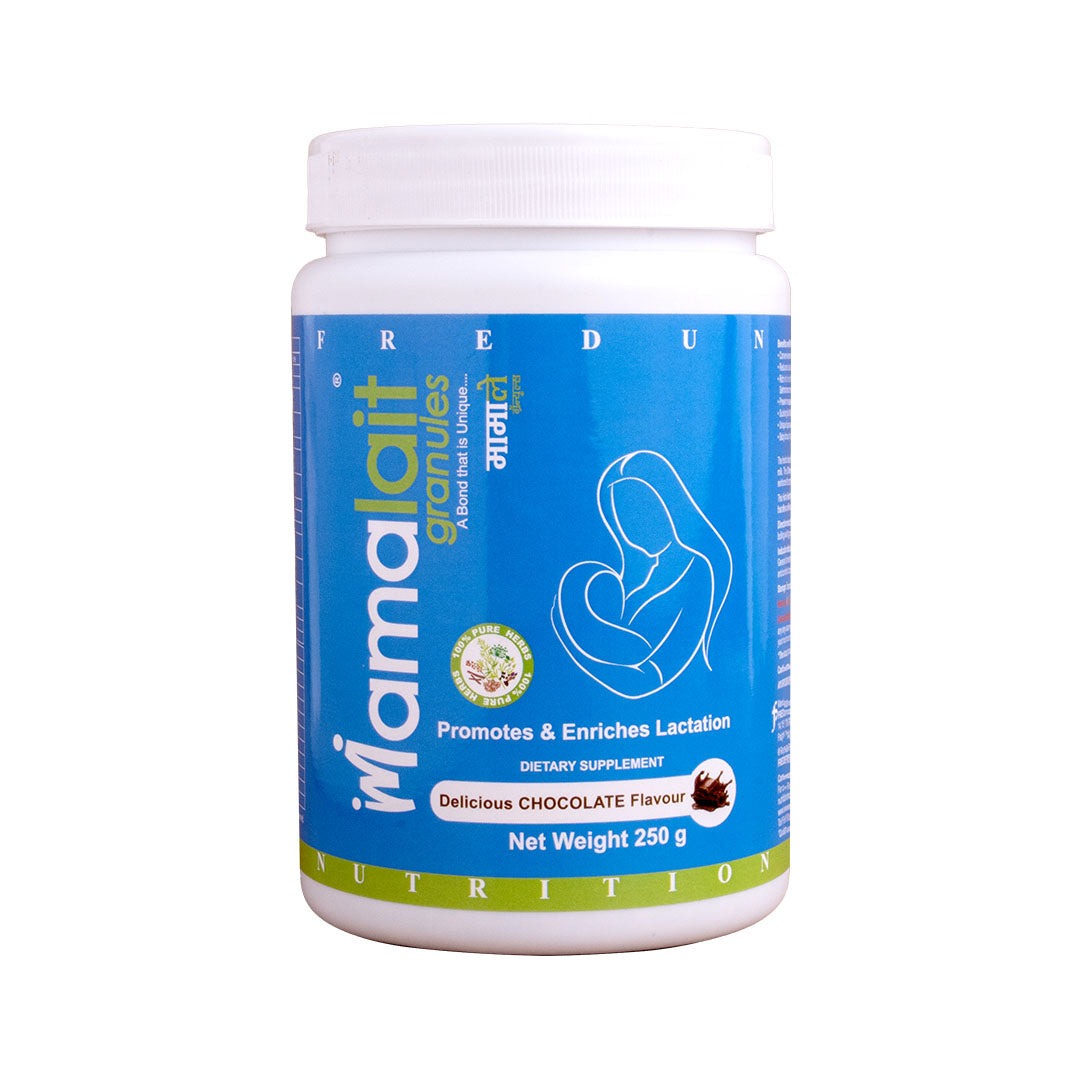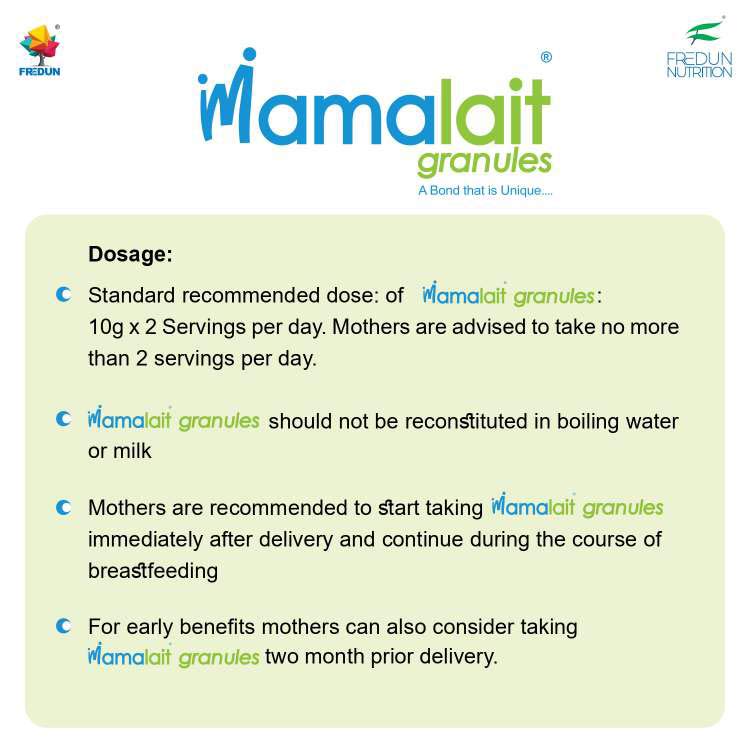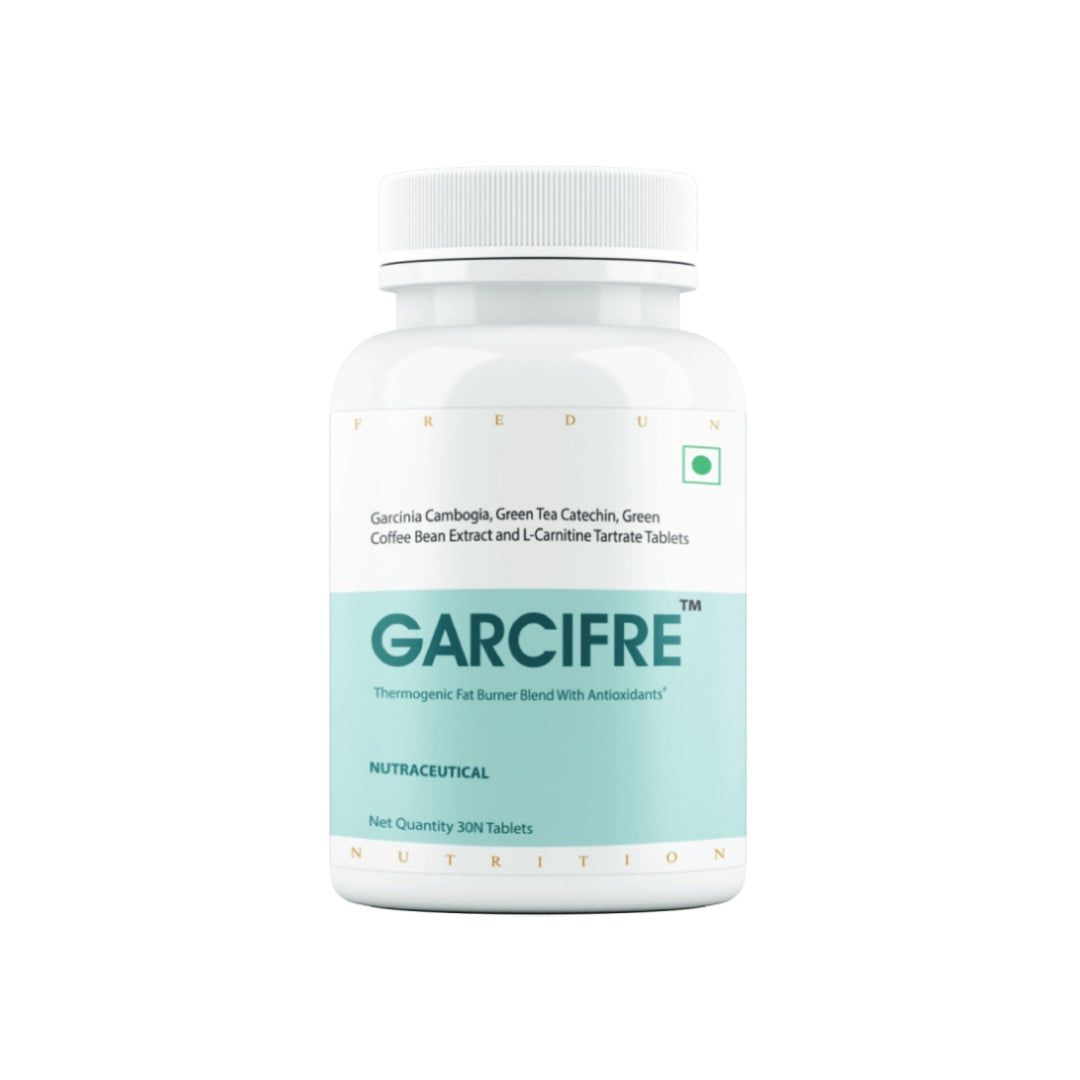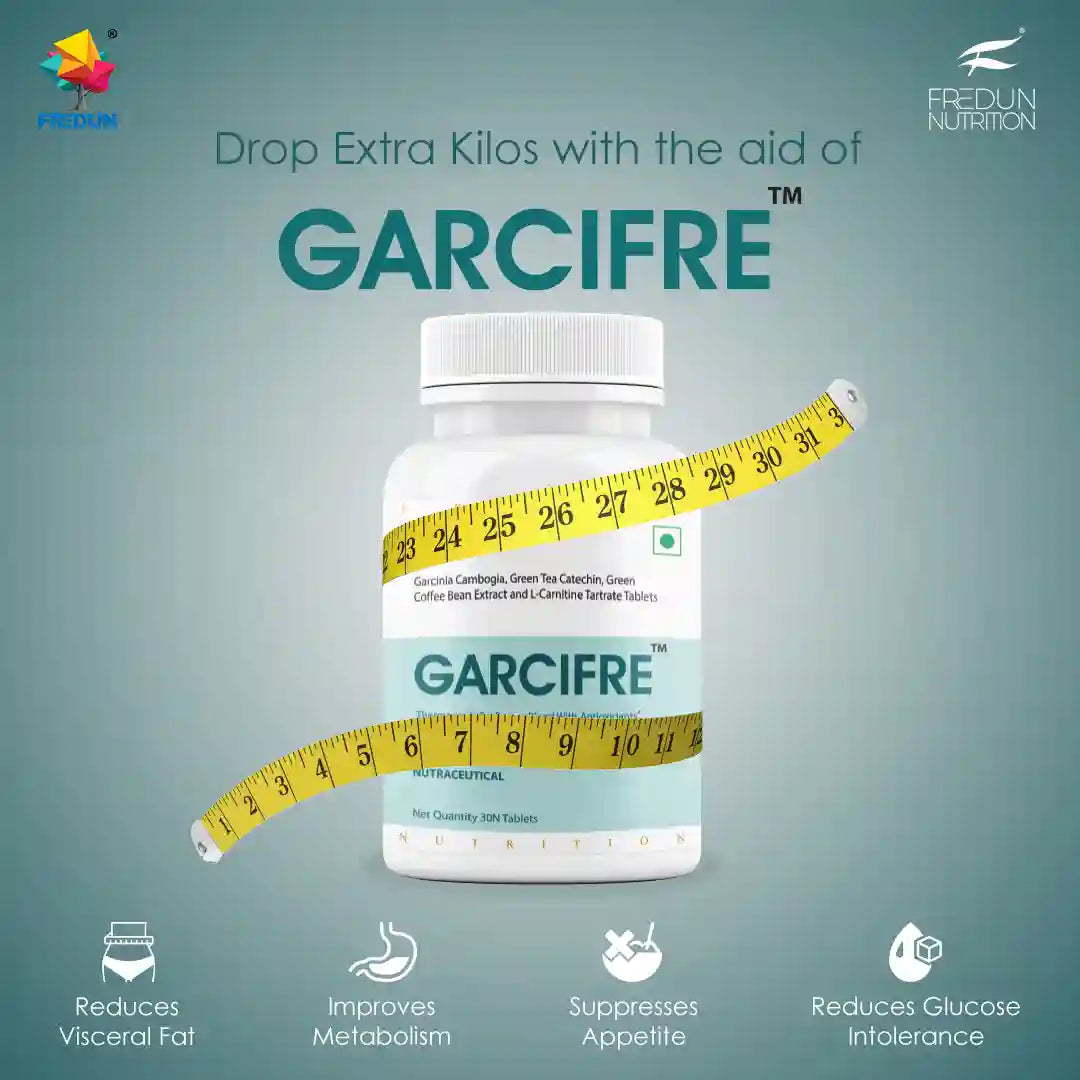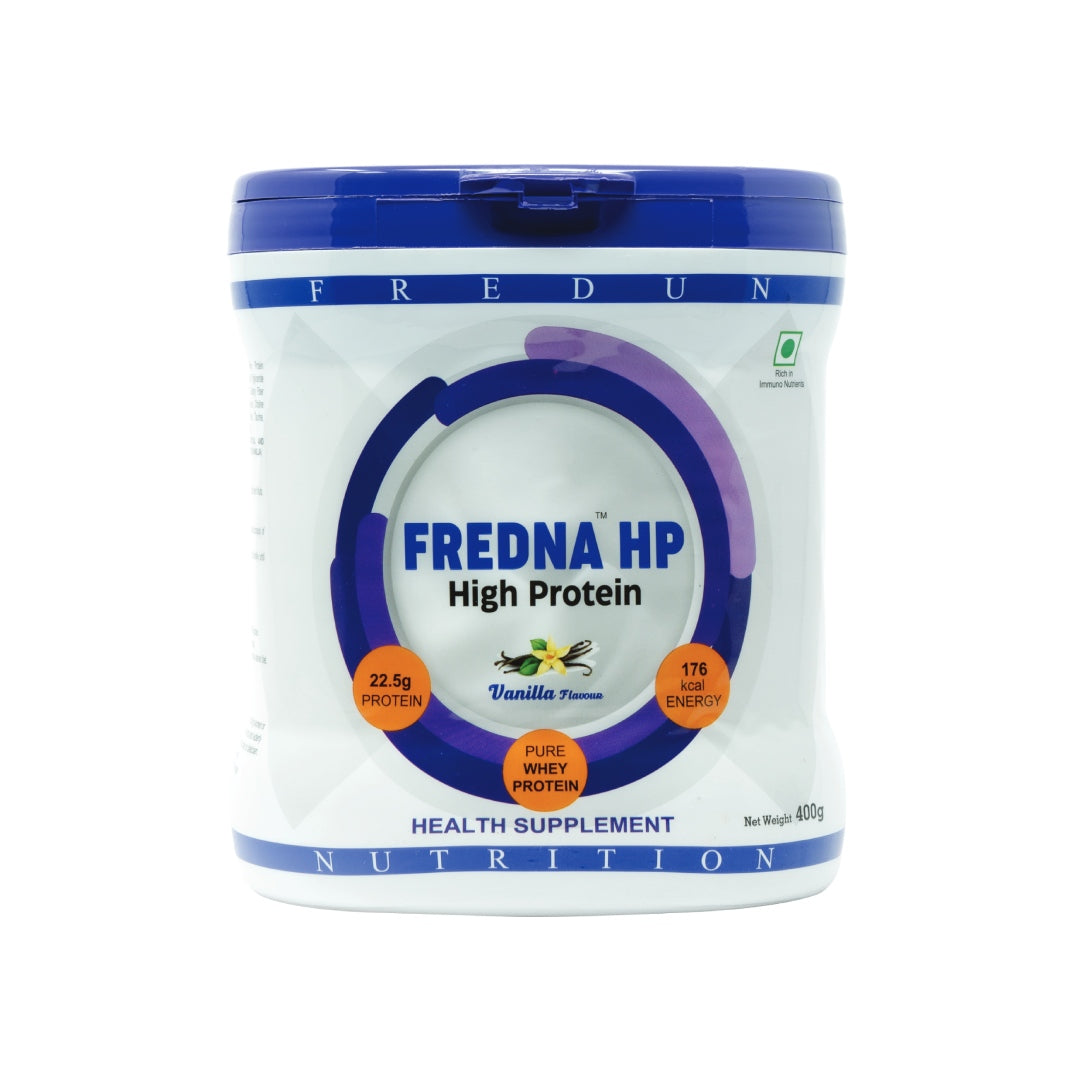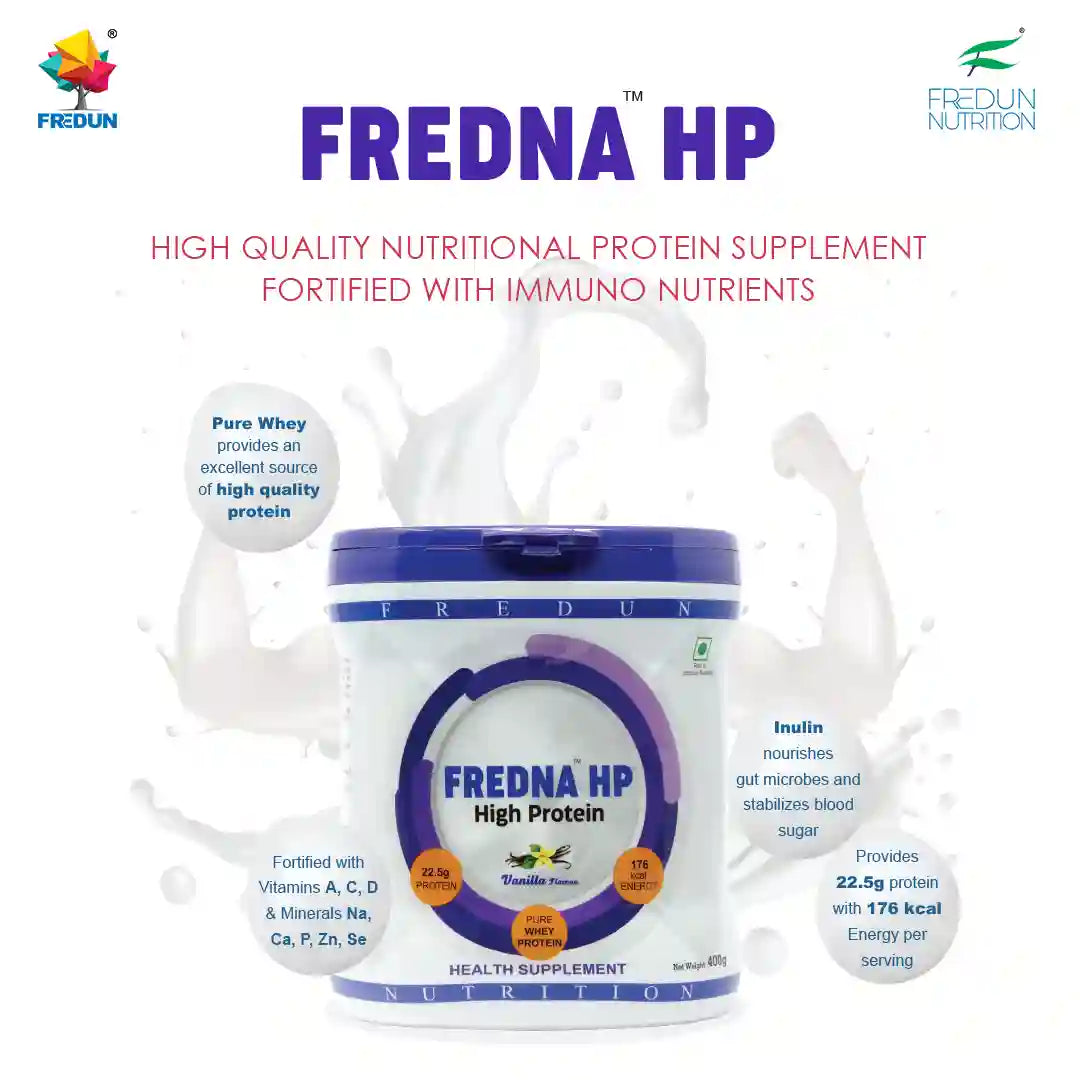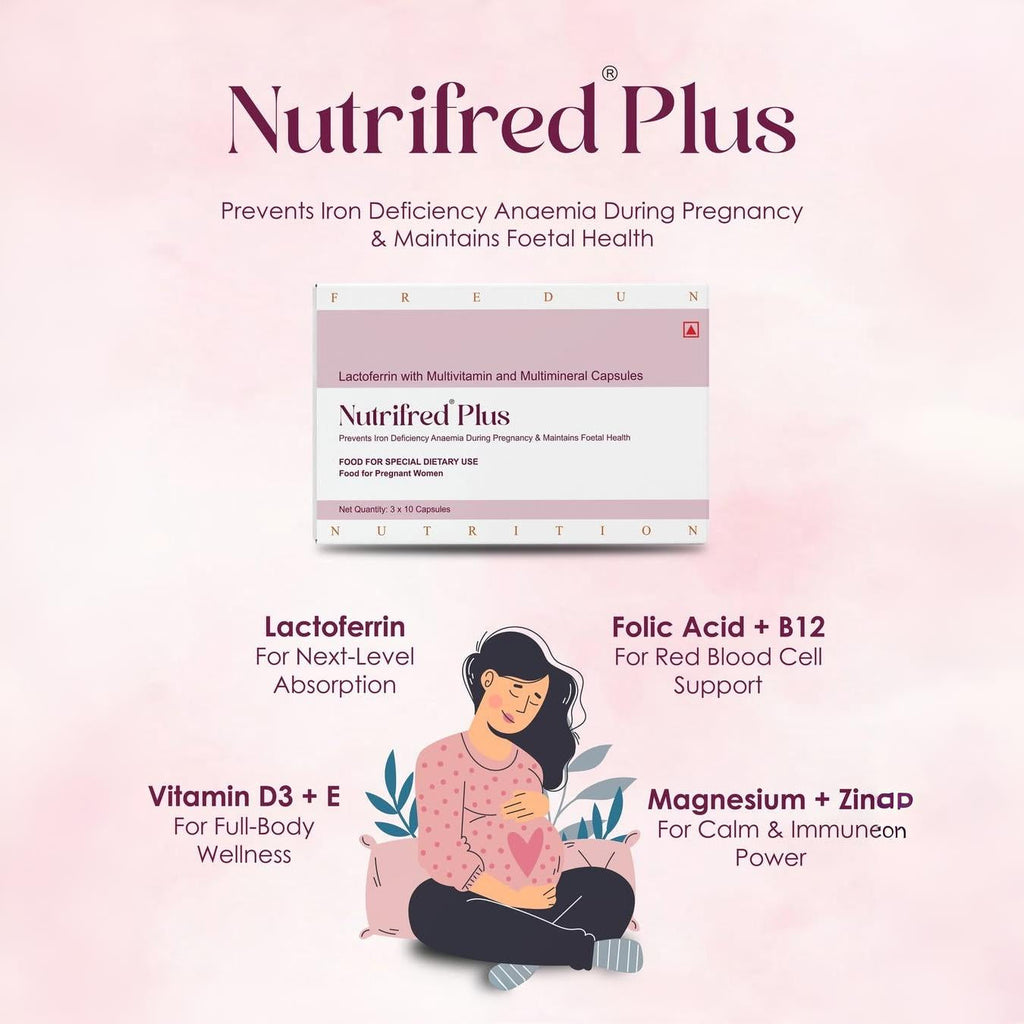
Iron Deficiency Anemia in Pregnancy: What Every Expectant Mother Should Know

Pregnancy is a significant time for a woman's body. In this journey, it demands increased nutrition, energy, and care, not only for the growing baby but also for the mother's well-being. One of the most common complications during this period is iron deficiency anemia (IDA). If this condition is not treated on time, it can pose serious risks to both mother and baby.
In this blog, we’ll explore what iron deficiency anemia is, why it’s so common in pregnancy, symptoms to watch for, and how it can be prevented by using a nutritional supplement.
What Is Iron Deficiency Anemia?
Anemia is a condition in which the body cannot make enough healthy red blood cells to carry oxygen to its tissues. This condition usually occurs when the body lacks enough iron to produce hemoglobin- the protein in red blood cells that transports oxygen.
During pregnancy, your blood volume increases to support the developing fetus. This means your body needs significantly more iron to make the extra hemoglobin needed. If you're not getting enough iron from your diet or supplements, anemia can develop.
Why Is Iron Deficiency Common in Pregnancy?
There are a few reasons why pregnant women are especially vulnerable to iron deficiency.
Increased Iron Demand: Your body needs more iron to support fetal growth, placental development, and the increased blood volume.
Poor Dietary Intake: Many women enter pregnancy with already low iron stores. Vegetarian diets, poor nutrition, or restrictive eating habits can worsen the situation.
Multiple Pregnancies or Close Spacing: Women with back-to-back pregnancies or carrying multiples (twins, triplets, etc.) are at higher risk due to repeated iron depletion.
Blood Loss: Conditions like heavy menstrual bleeding before pregnancy or bleeding during pregnancy can contribute to lower iron levels.
Symptoms of Iron Deficiency Anemia in Pregnancy
In mild cases of anemia deficiency, you might not notice any symptoms at all. However, as anemia progresses, the signs become more prominent. Some common symptoms include
Fatigue and weakness
Pale skin and lips
Shortness of breath, especially during exertion
Dizziness or light-headedness
Cold hands and feet
Rapid heartbeat or palpitations
Headaches
Difficulty concentrating
Some women may experience pica, a craving for non-food items like ice, dirt, or clay, which can be a sign of iron deficiency.
Risks of Untreated Anemia in Pregnancy
Iron deficiency anemia isn’t just about feeling tired. If left untreated, it can lead to serious complications, which includes
Preterm labor and delivery
Low birth weight
Postpartum depression
Increased risk of infection
Poor fetal brain development
Need for blood transfusion during delivery due to increased bleeding risk.
For the baby, low iron stores at birth can affect early growth and development, including motor and cognitive functions.
Why Choose Nutrifred Plus?
Nutrifred Plus is more than just an iron supplement. It's a formulated solution that addresses the complexity of iron metabolism and supports overall health. Here’s how it works
1. Influences Iron Metabolism
Nutrifred Plus enhances the body’s natural iron absorption and utilization, ensuring efficient transportation and storage of iron.
2. Supports Erythropoiesis
It aids in the production of red blood cells, helping combat fatigue and oxygen deficiency, which are hallmarks of anemia.
3. Regulates Hepcidin – The Master Iron Hormone
Hepcidin controls iron absorption in the body. Nutrifred Plus helps regulate this hormone, improving iron bioavailability and preventing imbalances.
4. Helps Ease Leg Cramps
Iron deficiency can lead to muscle cramps, especially at night. Nutrifred Plus helps alleviate these by improving muscle oxygenation.
5. Reduces Infections
Iron is vital for immune function. By correcting iron levels, Nutrifred Plus strengthens the immune system and reduces susceptibility to infections.
6. Supports Pregnancy Health
During pregnancy, iron needs increase significantly. Nutrifred Plus supports fetal growth and development while promoting healthy red blood cells and fetal DNA formation.
7. Lowers Risk of Preterm Birth and Neural Tube Defects
Proper iron supplementation reduces the chances of complications like preterm delivery and developmental issues in the baby.
NUTRIFRED PLUS plays a crucial role in your strength and health while your baby is developing.
VITAMIN D3- Regulates the master iron hormone hepcidin, influences iron metabolism and supports erythropoiesis.2
VITAMIN B1- Supports fetal brain development and enables to conversion of carbohydrates into energy.8
VITAMIN B2- Supports fetal growth, good vision, and healthy skin. Also essential for fetal’s bone, muscle, and nerve development.8
VITAMIN B6- Crucial for the healthy function of the brain and nervous system and plays a critical role in the development of the baby.8
VITAMIN B12- Essential for the fetal’s developing brain and spinal cord. It also helps make healthy red blood cells and DNA of the fetus.8
VITAMIN E- Protects cell membranes from damage and contributes to the structure of cells throughout the body. Contributes to healthy skin and eyes.8
VITAMIN B5 (CALCIUM PANTOTHINATE) - Painful leg cramps are common during pregnancy. It helps to ease these cramps. It also has the added benefit of producing important pregnancy hormones.8
ZINC- Reduces the incidence or the severity of maternal infections and lowers the risk of preterm birth.3
MAGNESIUM AS MAG HYDROXIDE- Reduces fetal growth restriction and preeclampsia as well as increases birth weight.4
IODINE- Essential for your fetal developing brain, skeleton, and nervous system.8
COPPER- Helps form the red blood cells and the fetal heart, blood vessels, skeletal and nervous systems.8
MANGANESE- Helps your growing baby form bone and cartilage.8
LACTOFERRIN- An iron-binding protein, helps in prophylaxis and treatment of iron deficiency anaemia.5
Iron binding capacity of is about 300-fold greater than that of transferrins.5
A multifunctional immune modulator, antioxidant agent and regulator of intestinal iron absorption.5
Protects against infections and inflammatory complications caused by diagnostic surgical interventions in pregnant women.5
FOLIC ACID- Reduces the risk of neural tube defects (NTDs) in the offspring.
Prevents congenital heart disease and oral clefts and possibly preterm birth.6
FERROUS BISGLYCINATE- Two-fold higher bioavailability and absorption compared to conventional iron salts, including ferrous sulfate and ferrous fumarate with improved oral tolerability during pregnancy.7
Improves haemoglobin levels, iron absorption, quality of life, and birthweight in iron-deficient pregnant women.7
Ref:
1. Oman Med J. 2020 Sep; 35(5): e166.PMCID: PMC7477519
2. Nutrients. 2022 Apr; 14(7): 1372.PMCID: PMC9002534
3. Paediatr Perinat Epidemiol. Author manuscript; available in PMC 2013 Oct 1.
4. Adv Biomed Res. 2017; 6: 109.PMCID: PMC5590399
5. Biomedicines.2021 Jul 27;9(8):898.doi: 10.3390/biomedicines9080898.
6. Rev Obstet Gynecol. 2011 Summer; 4(2): 52–59.PMCID: PMC3218540
7. Nutrients. 2022 Feb; 14(3): 452.PMCID: PMC8839493
8. Nutrients 2021, 13(9), 3134; https://doi.org/10.3390/nu13093134
Pregnancy is a significant time for a woman's body. In this journey, it demands increased nutrition, energy, and care, not only for the growing baby but also for the mother's well-being. One of the most common complications during this period is iron deficiency anemia (IDA). If this condition is not treated on time, it can pose serious risks to both mother and baby.
In this blog, we’ll explore what iron deficiency anemia is, why it’s so common in pregnancy, symptoms to watch for, and how it can be prevented by using a nutritional supplement.
What Is Iron Deficiency Anemia?
Anemia is a condition in which the body cannot make enough healthy red blood cells to carry oxygen to its tissues. This condition usually occurs when the body lacks enough iron to produce hemoglobin- the protein in red blood cells that transports oxygen.
During pregnancy, your blood volume increases to support the developing fetus. This means your body needs significantly more iron to make the extra hemoglobin needed. If you're not getting enough iron from your diet or supplements, anemia can develop.
Why Is Iron Deficiency Common in Pregnancy?
There are a few reasons why pregnant women are especially vulnerable to iron deficiency.
Increased Iron Demand: Your body needs more iron to support fetal growth, placental development, and the increased blood volume.
Poor Dietary Intake: Many women enter pregnancy with already low iron stores. Vegetarian diets, poor nutrition, or restrictive eating habits can worsen the situation.
Multiple Pregnancies or Close Spacing: Women with back-to-back pregnancies or carrying multiples (twins, triplets, etc.) are at higher risk due to repeated iron depletion.
Blood Loss: Conditions like heavy menstrual bleeding before pregnancy or bleeding during pregnancy can contribute to lower iron levels.
Symptoms of Iron Deficiency Anemia in Pregnancy
In mild cases of anemia deficiency, you might not notice any symptoms at all. However, as anemia progresses, the signs become more prominent. Some common symptoms include
Fatigue and weakness
Pale skin and lips
Shortness of breath, especially during exertion
Dizziness or light-headedness
Cold hands and feet
Rapid heartbeat or palpitations
Headaches
Difficulty concentrating
Some women may experience pica, a craving for non-food items like ice, dirt, or clay, which can be a sign of iron deficiency.
Risks of Untreated Anemia in Pregnancy
Iron deficiency anemia isn’t just about feeling tired. If left untreated, it can lead to serious complications, which includes
Preterm labor and delivery
Low birth weight
Postpartum depression
Increased risk of infection
Poor fetal brain development
Need for blood transfusion during delivery due to increased bleeding risk.
For the baby, low iron stores at birth can affect early growth and development, including motor and cognitive functions.
Why Choose Nutrifred Plus?
Nutrifred Plus is more than just an iron supplement. It's a formulated solution that addresses the complexity of iron metabolism and supports overall health. Here’s how it works
1. Influences Iron Metabolism
Nutrifred Plus enhances the body’s natural iron absorption and utilization, ensuring efficient transportation and storage of iron.
2. Supports Erythropoiesis
It aids in the production of red blood cells, helping combat fatigue and oxygen deficiency, which are hallmarks of anemia.
3. Regulates Hepcidin – The Master Iron Hormone
Hepcidin controls iron absorption in the body. Nutrifred Plus helps regulate this hormone, improving iron bioavailability and preventing imbalances.
4. Helps Ease Leg Cramps
Iron deficiency can lead to muscle cramps, especially at night. Nutrifred Plus helps alleviate these by improving muscle oxygenation.
5. Reduces Infections
Iron is vital for immune function. By correcting iron levels, Nutrifred Plus strengthens the immune system and reduces susceptibility to infections.
6. Supports Pregnancy Health
During pregnancy, iron needs increase significantly. Nutrifred Plus supports fetal growth and development while promoting healthy red blood cells and fetal DNA formation.
7. Lowers Risk of Preterm Birth and Neural Tube Defects
Proper iron supplementation reduces the chances of complications like preterm delivery and developmental issues in the baby.
NUTRIFRED PLUS plays a crucial role in your strength and health while your baby is developing.
VITAMIN D3- Regulates the master iron hormone hepcidin, influences iron metabolism and supports erythropoiesis.2
VITAMIN B1- Supports fetal brain development and enables to conversion of carbohydrates into energy.8
VITAMIN B2- Supports fetal growth, good vision, and healthy skin. Also essential for fetal’s bone, muscle, and nerve development.8
VITAMIN B6- Crucial for the healthy function of the brain and nervous system and plays a critical role in the development of the baby.8
VITAMIN B12- Essential for the fetal’s developing brain and spinal cord. It also helps make healthy red blood cells and DNA of the fetus.8
VITAMIN E- Protects cell membranes from damage and contributes to the structure of cells throughout the body. Contributes to healthy skin and eyes.8
VITAMIN B5 (CALCIUM PANTOTHINATE) - Painful leg cramps are common during pregnancy. It helps to ease these cramps. It also has the added benefit of producing important pregnancy hormones.8
ZINC- Reduces the incidence or the severity of maternal infections and lowers the risk of preterm birth.3
MAGNESIUM AS MAG HYDROXIDE- Reduces fetal growth restriction and preeclampsia as well as increases birth weight.4
IODINE- Essential for your fetal developing brain, skeleton, and nervous system.8
COPPER- Helps form the red blood cells and the fetal heart, blood vessels, skeletal and nervous systems.8
MANGANESE- Helps your growing baby form bone and cartilage.8
LACTOFERRIN- An iron-binding protein, helps in prophylaxis and treatment of iron deficiency anaemia.5
Iron binding capacity of is about 300-fold greater than that of transferrins.5
A multifunctional immune modulator, antioxidant agent and regulator of intestinal iron absorption.5
Protects against infections and inflammatory complications caused by diagnostic surgical interventions in pregnant women.5
FOLIC ACID- Reduces the risk of neural tube defects (NTDs) in the offspring.
Prevents congenital heart disease and oral clefts and possibly preterm birth.6
FERROUS BISGLYCINATE- Two-fold higher bioavailability and absorption compared to conventional iron salts, including ferrous sulfate and ferrous fumarate with improved oral tolerability during pregnancy.7
Improves haemoglobin levels, iron absorption, quality of life, and birthweight in iron-deficient pregnant women.7
Ref:
1. Oman Med J. 2020 Sep; 35(5): e166.PMCID: PMC7477519
2. Nutrients. 2022 Apr; 14(7): 1372.PMCID: PMC9002534
3. Paediatr Perinat Epidemiol. Author manuscript; available in PMC 2013 Oct 1.
4. Adv Biomed Res. 2017; 6: 109.PMCID: PMC5590399
5. Biomedicines.2021 Jul 27;9(8):898.doi: 10.3390/biomedicines9080898.
6. Rev Obstet Gynecol. 2011 Summer; 4(2): 52–59.PMCID: PMC3218540
7. Nutrients. 2022 Feb; 14(3): 452.PMCID: PMC8839493
8. Nutrients 2021, 13(9), 3134; https://doi.org/10.3390/nu13093134

